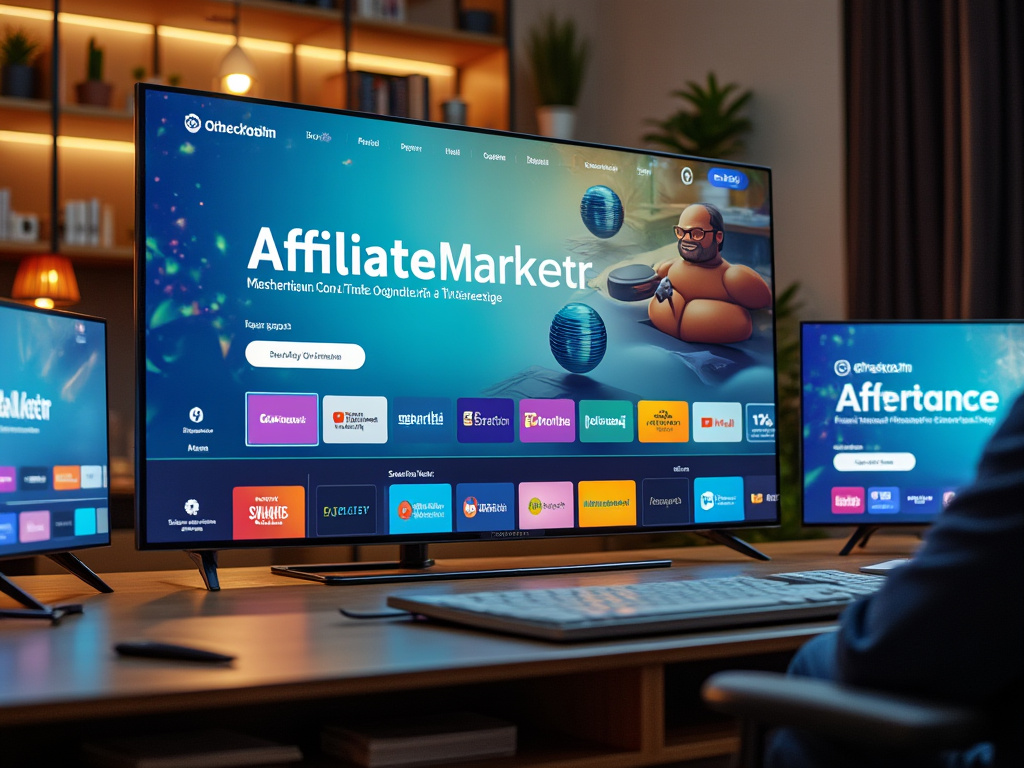When I first heard about AI agents, I was honestly a bit skeptical. I mean, how could a virtual assistant really drive profit?
I thought, “Sure, they might be useful for big companies, but for the average business or creator?” It felt like some overhyped tech buzz.
But, oh boy, was I wrong. AI agents have become a legit way to make money, and today, I want to walk you through the top monetization models for AI agents in 2024.
Whether you’re a developer, business owner, or just tech-curious, these are strategies you can actually apply.
What is AI Agent Monetization?

Before we jump into the good stuff, let’s quickly cover what AI agent monetization means. Essentially, it’s using AI-powered systems (or agents) to generate revenue.
These agents can handle anything from automating customer support to performing complex tasks like trading stocks or personalizing marketing campaigns.
AI agents are essentially little employees that work for you 24/7. Unlike us, they don’t get tired, they don’t take breaks, and they can handle multiple tasks simultaneously.
But, what’s most impressive is that they’ve started to move from just saving us time to actually making us money. That’s where monetization comes in.
For a deeper dive into different models and strategies, check out our guide on AI monetization models.
1. Subscription Models for AI Agents

When I first heard about subscription models for AI agents, I thought, “Isn’t that a bit too much to ask?”
But in reality, it’s becoming one of the most profitable ways to monetize. Imagine having an AI assistant or tool that helps businesses with specific tasks—SEO optimization, customer service, or even managing social media.
Now imagine offering access to that AI on a monthly or yearly subscription basis.
Why It Works
People love subscriptions because they get continuous access to a service without a massive upfront cost.
You can charge a smaller amount monthly, making it easier for clients to afford while creating a stable income stream for yourself.
My Takeaway
When I built my first AI tool for blog optimization (don’t laugh, it wasn’t pretty), I charged a $50/month subscription fee.
At first, I only had two users, and I questioned everything. But, a few months later, more users came along, and that steady stream of monthly payments added up. It’s all about patience!
Pros:
- Predictable recurring income
- Long-term customer relationships
Cons:
- Requires continuous updates and improvements to retain users
2. Licensing AI Agents to Businesses

Now, this one feels more straightforward.
Licensing AI agents to businesses is like renting out your AI technology. You retain ownership, but companies pay you for the rights to use your tool.
This is especially great for B2B (business-to-business) environments where companies may not have the time or expertise to develop their own AI solutions.
Why It Works
Businesses often don’t have the resources to build AI from scratch. Instead, they’re willing to pay for a proven system.
If you have a niche AI tool that solves a specific pain point, licensing it can be a goldmine.
My Takeaway
I remember building an AI bot that helped small businesses generate SEO reports.
I didn’t think anyone would pay to use it at first, but once I got a few businesses interested, licensing made way more sense than selling it outright.
I could focus on improving the product while they kept paying for access.
Pros:
- Large potential payouts
- Retain ownership of the technology
Cons:
- Needs strong intellectual property protection
3. Affiliate Marketing with AI Agents

Okay, if you’re like me, you might’ve groaned a bit at the phrase affiliate marketing. We’ve all seen those pushy ads, right?
But hear me out—AI agents are changing the game in affiliate marketing.
Instead of sending generic ads, AI agents can analyze user behavior and suggest relevant products with way more precision.
Why It Works
AI can track user preferences and provide hyper-personalized recommendations.
It’s not just about popping up ads; it’s about delivering recommendations people actually care about.
You can get affiliate commissions from platforms like Amazon or niche-specific brands, and if your AI agent does it well, that revenue can grow fast.
My Takeaway
I ran an AI-driven affiliate blog for a while, and once I integrated AI-powered content suggestions, I saw a real boost in affiliate commissions.
It wasn’t massive at first, but over a few months, the personalized recommendations made a noticeable difference in conversions.
Pros:
- Low start-up costs
- Scales easily
Cons:
- Requires a lot of traffic to generate substantial income
4. AI Agents in Financial Trading

Here’s a big one: AI trading bots.
They’re already making waves in the financial markets, whether it’s stocks, crypto, or forex.
These AI agents can execute trades based on predictive analytics, making decisions way faster than any human could.
Why It Works
AI trading agents can analyze massive amounts of data and execute trades instantly. No more emotions or second-guessing. Just cold, hard data.
If you’re into finance or know how the markets work, creating an AI agent for trading can be incredibly lucrative.
My Takeaway
I gave algorithmic trading a go (not gonna lie, I was pretty intimidated), but after testing out some bots and learning the ropes, I could see how they could generate passive income.
There’s a steep learning curve, but once you’re in, it’s fascinating to watch the bots work.
Pros:
- Potential for high earnings
- AI agents work 24/7
Cons:
- High risk, especially in volatile markets
- Requires constant monitoring and fine-tuning
5. AI-Powered Customer Service Bots

Now, this is something almost every business can use.
AI-powered customer service agents handle customer inquiries, process requests, and even solve problems—without any human input.
If you can create a reliable AI customer service agent, you can offer it to companies to either license or sell outright.
Why It Works
Companies are always looking for ways to reduce costs while improving customer experience. An AI agent that works 24/7 is an easy sell.
These bots can be used in everything from e-commerce to SaaS platforms, saving businesses a ton of money on customer support staff.
My Takeaway
A few years ago, I worked with a company that integrated AI customer support.
It was mind-blowing to see how quickly we could resolve issues without human input. It saved us so much time, and our customers were happier with the faster response time.
If you’re looking for a reliable AI monetization model, this one’s rock-solid.
Pros:
- Always available, increasing customer satisfaction
- Reduces business costs
Cons:
- Needs continuous improvement to handle complex queries
Conclusion: The Future of AI Agents in Monetization
I never thought I’d be here, telling people how to make money from AI agents. But here we are, and I have to admit, the potential is pretty wild.
Whether you’re building a simple subscription model or diving deep into algorithmic trading, there’s an AI monetization strategy for you.
It’s not just about automation anymore—it’s about actual revenue. And trust me, if I can do it, so can you.
The key is to start small, test what works, and build from there. Just don’t get overwhelmed by all the options. Pick one model, stick with it, and watch the AI magic happen.
By understanding these models, I’ve been able to match my business goals with the perfect moneymaking method. Want to learn more?
Check out how to monetize AI apps.
